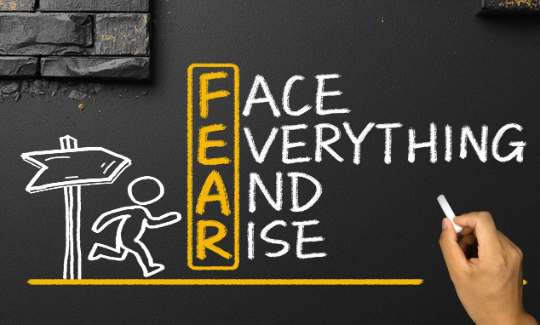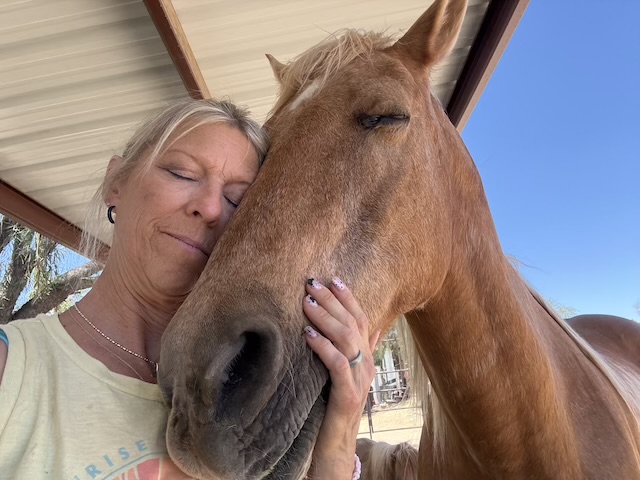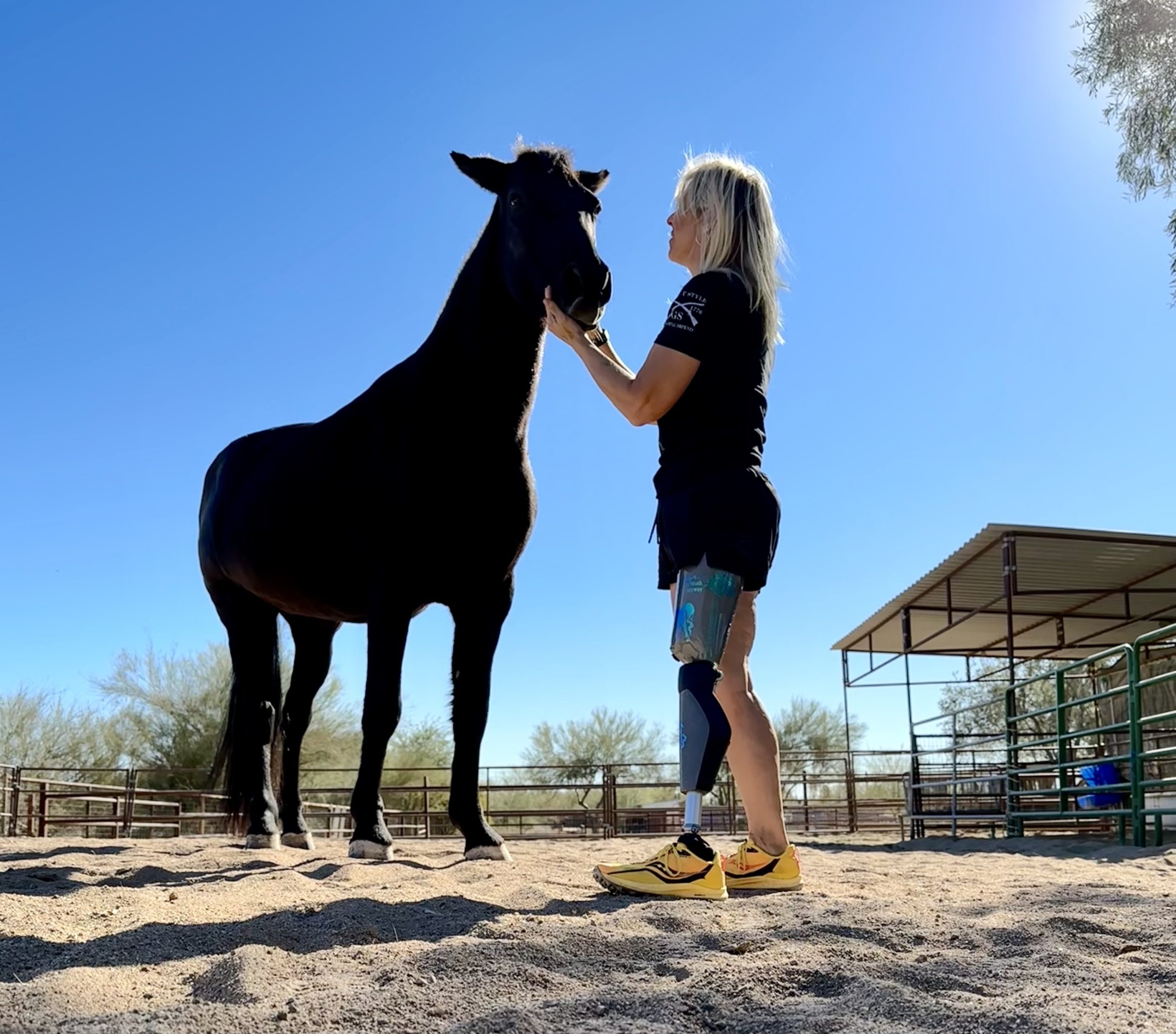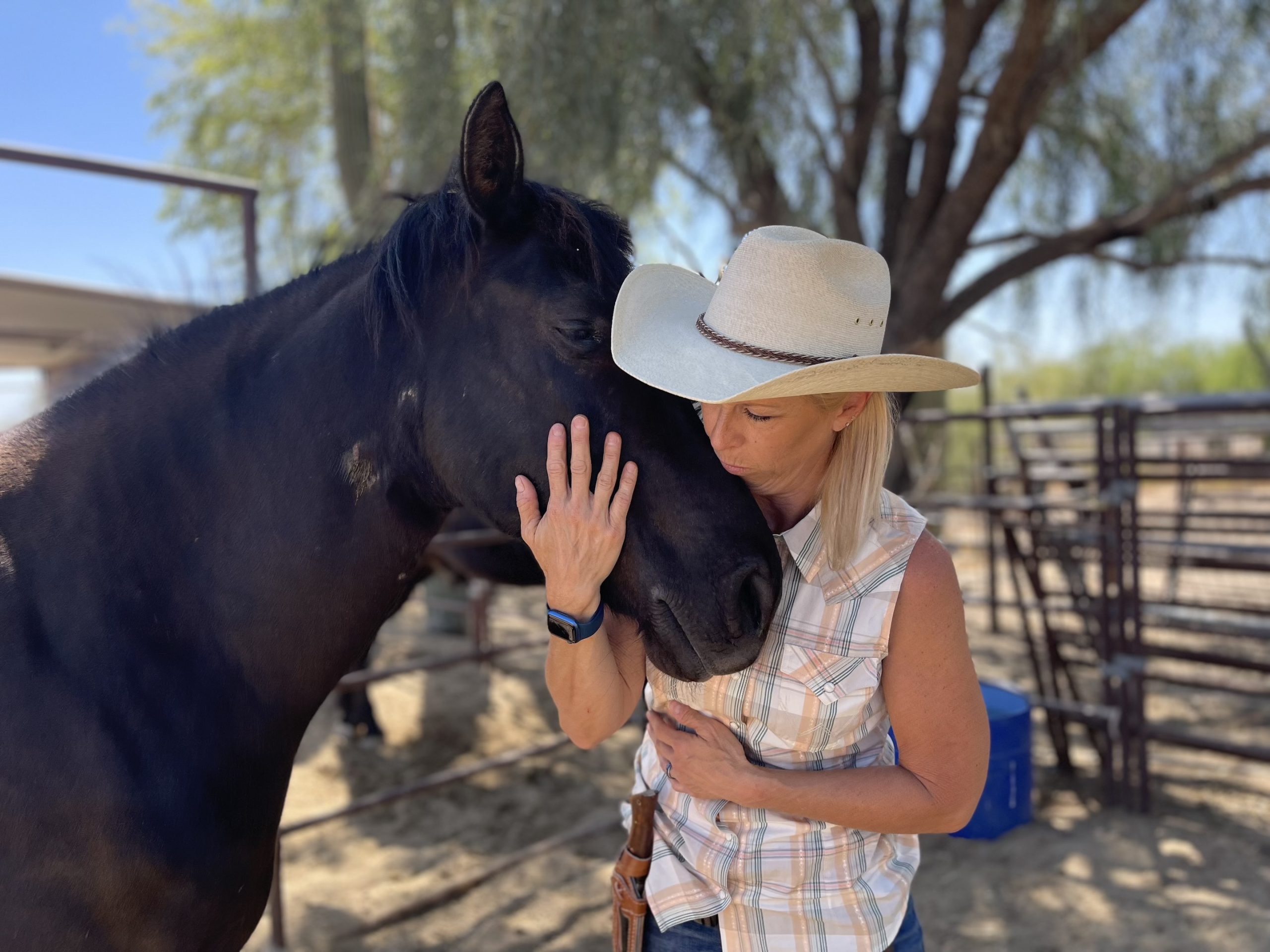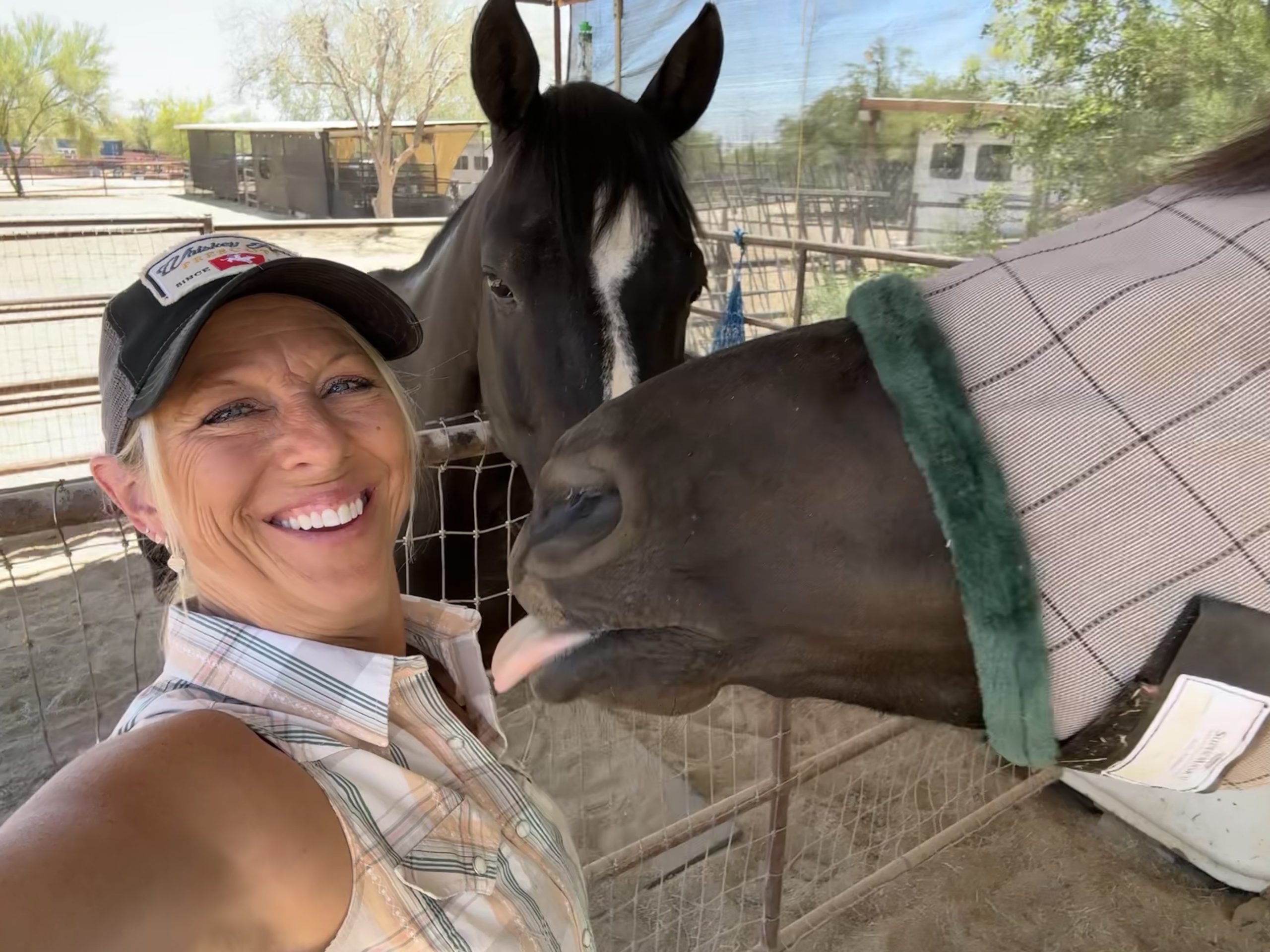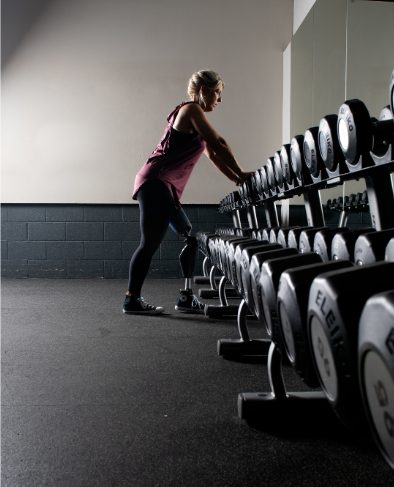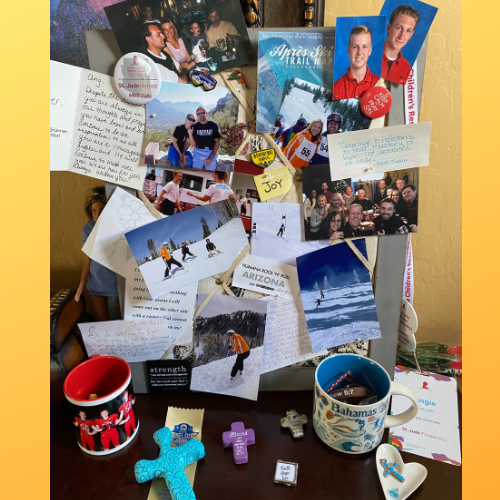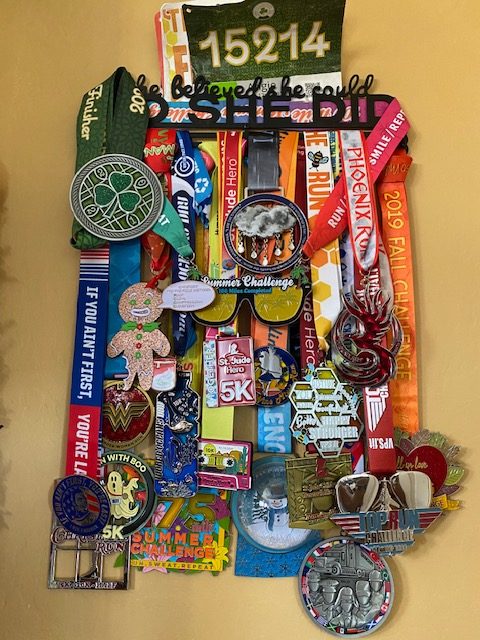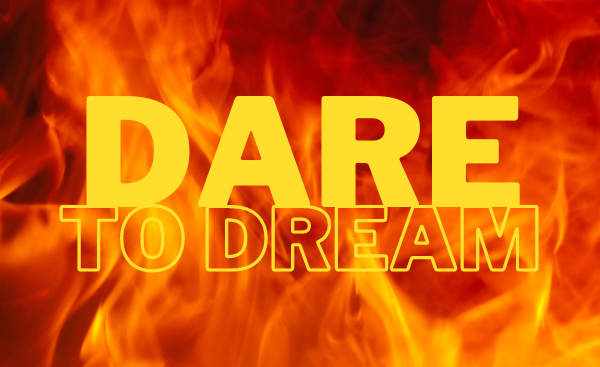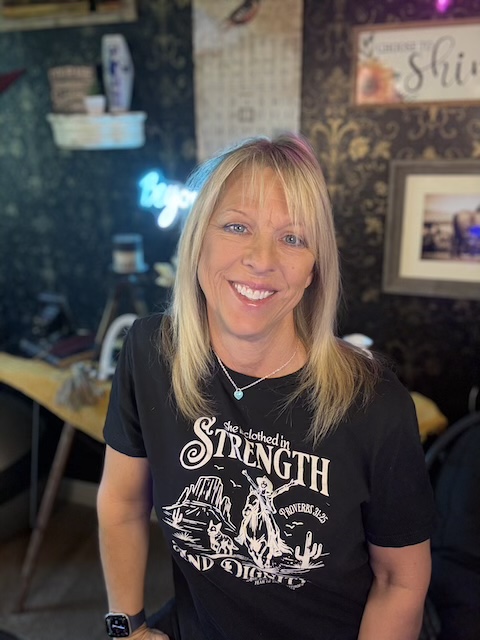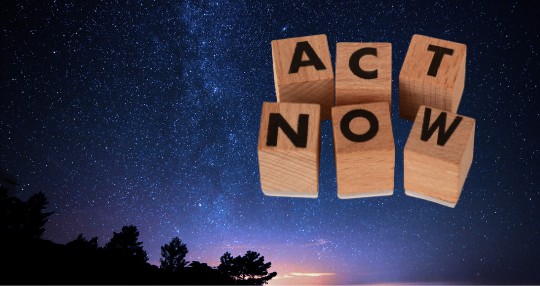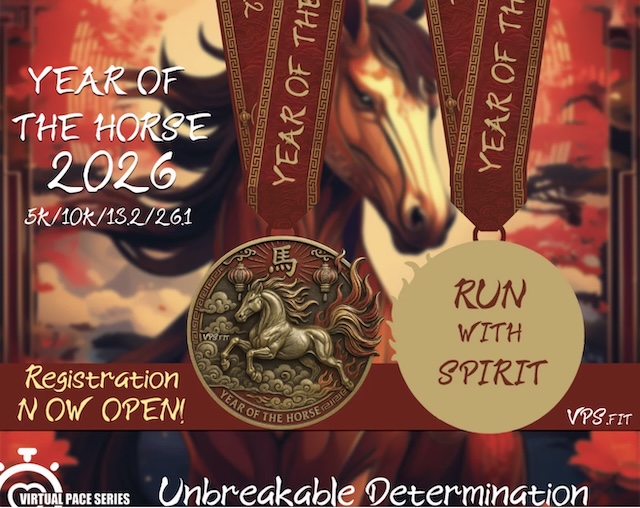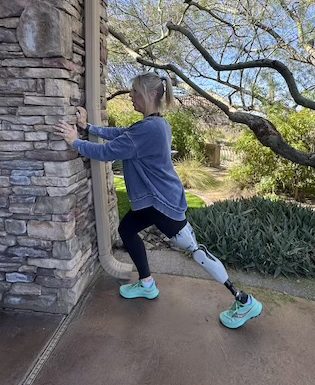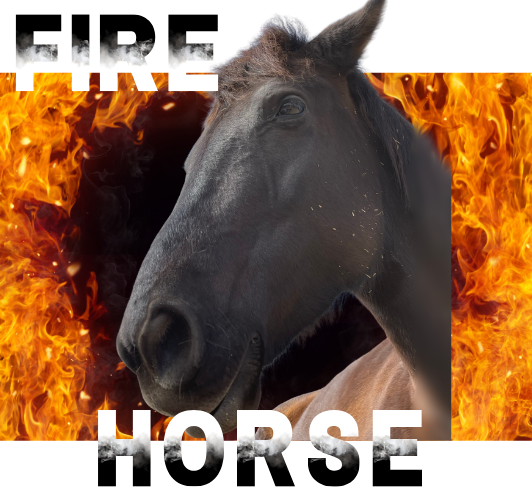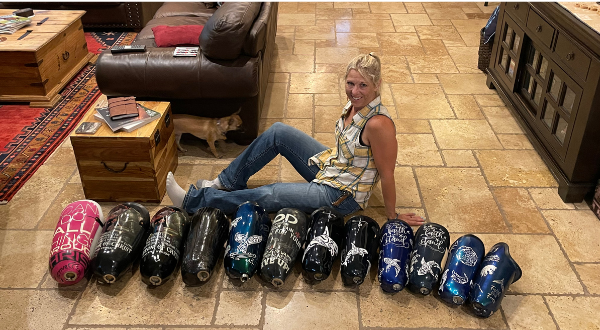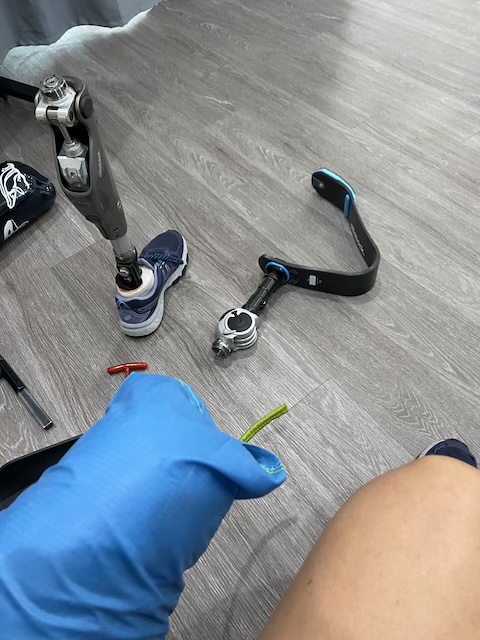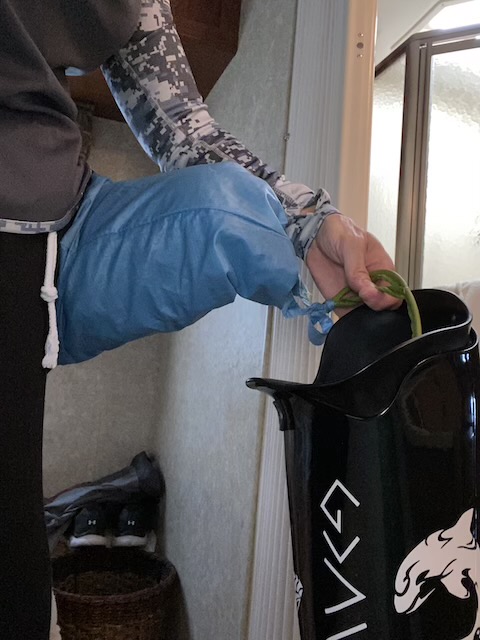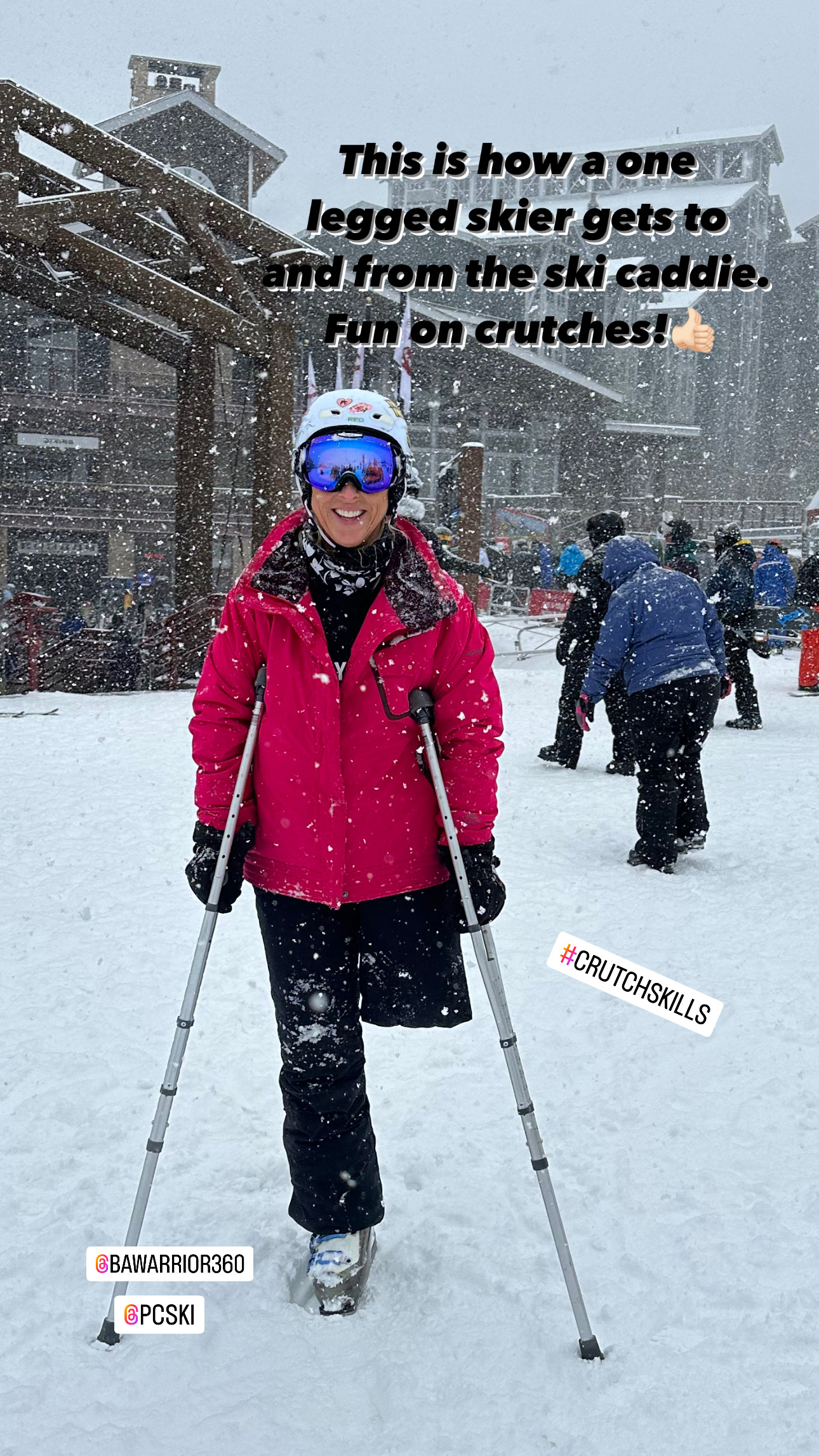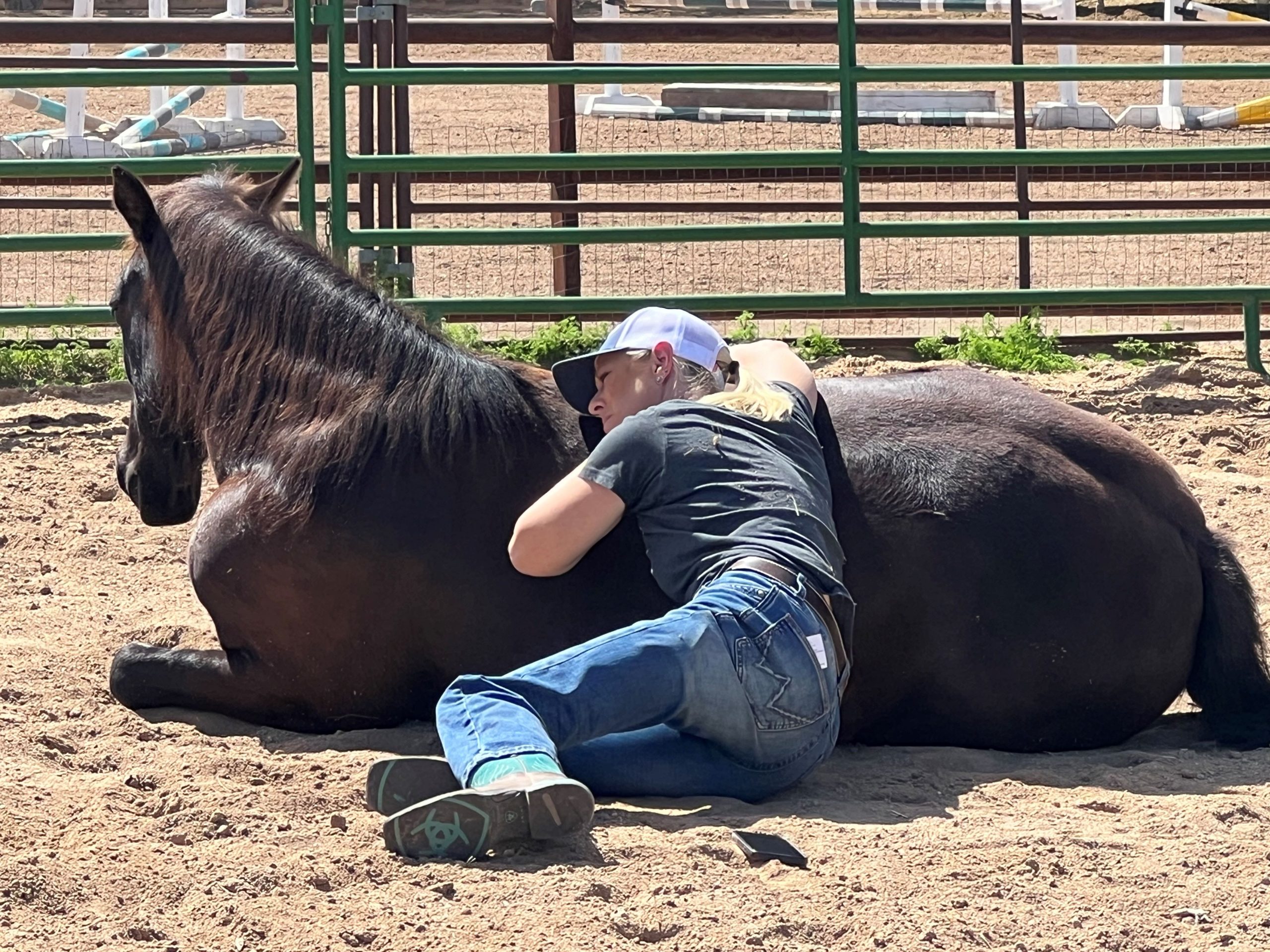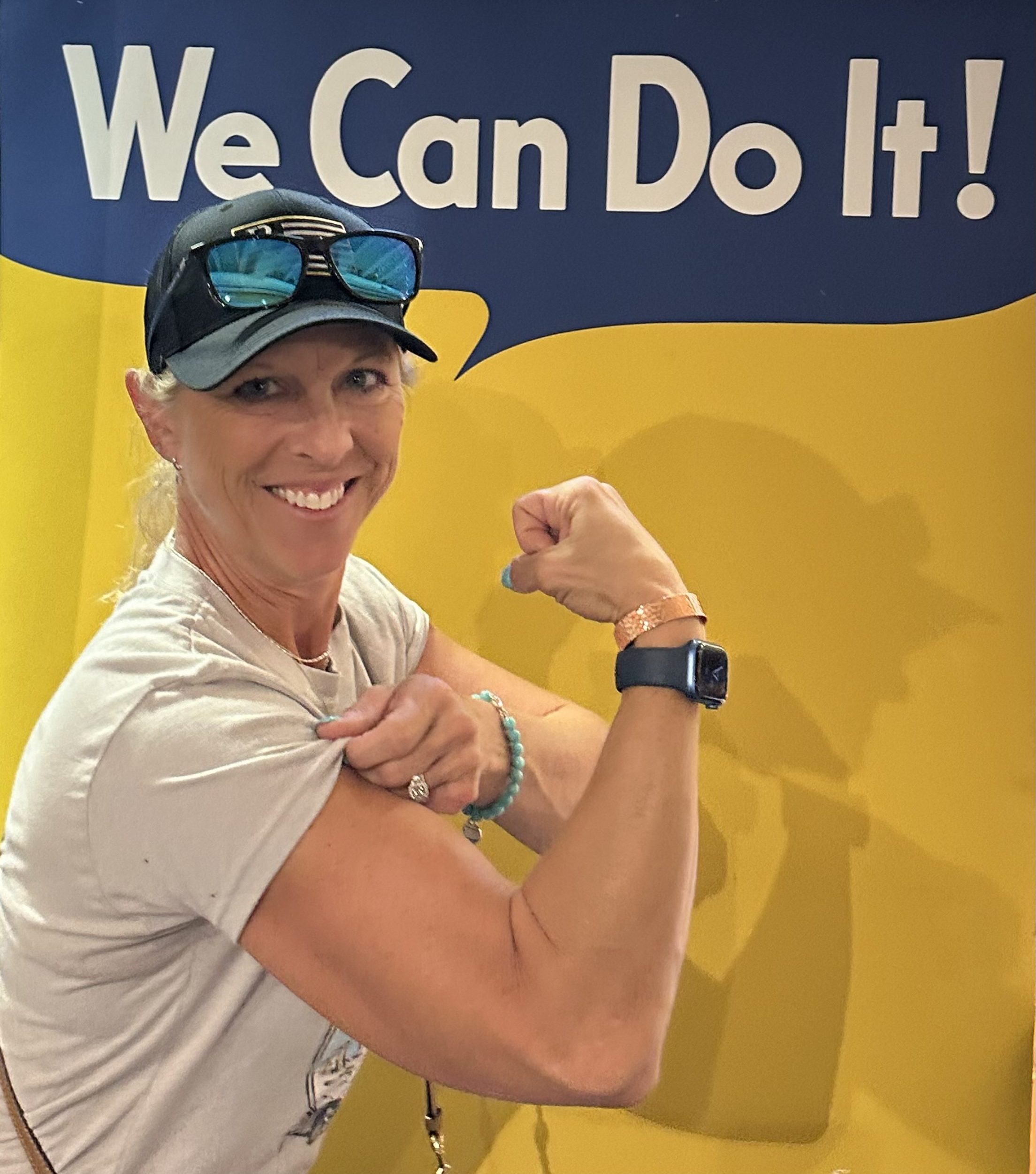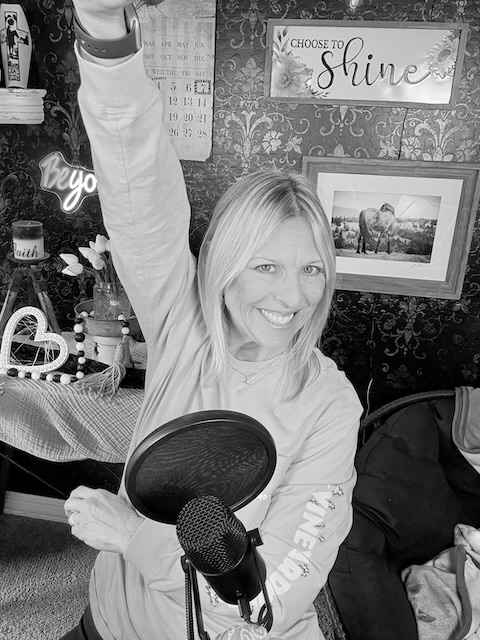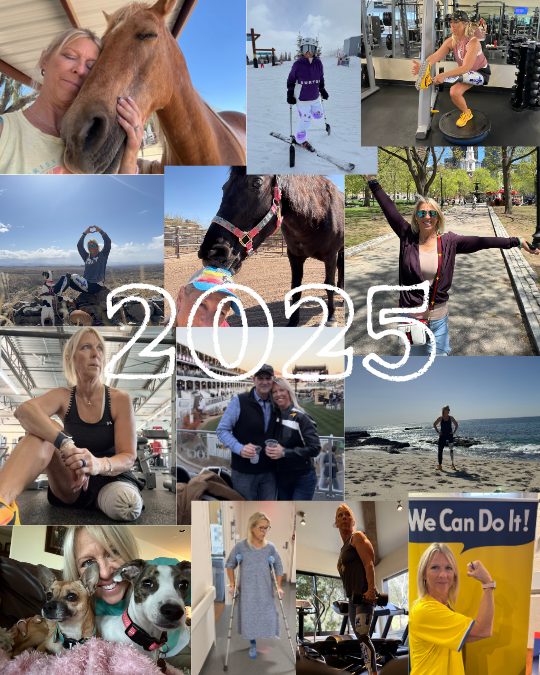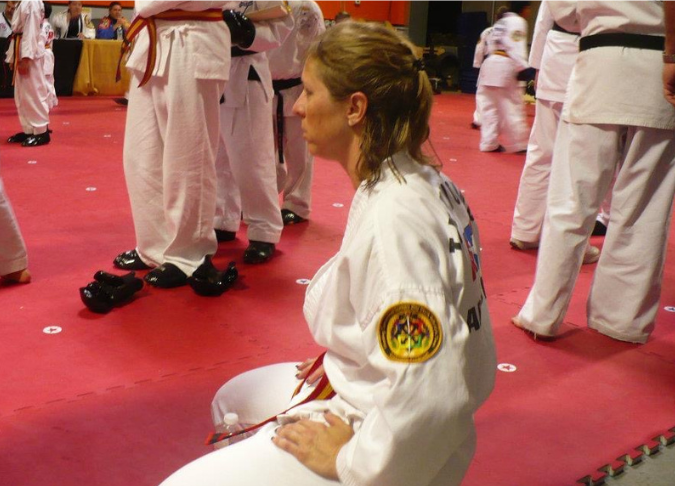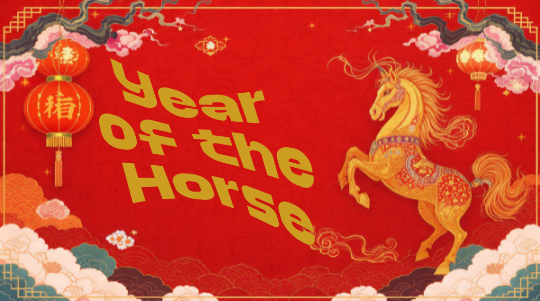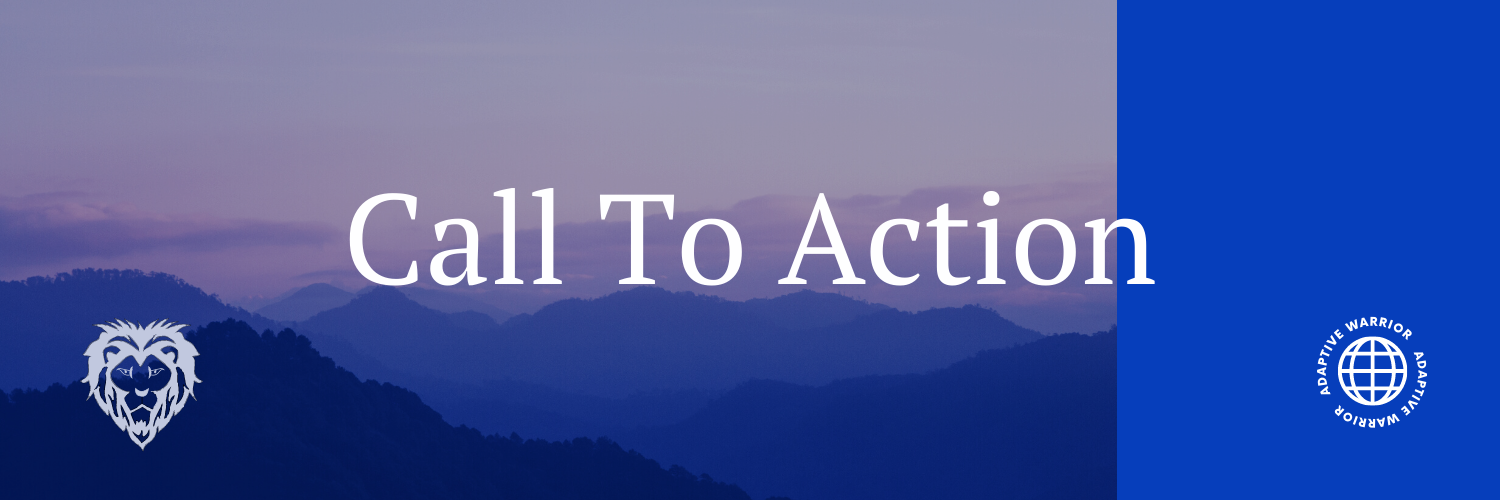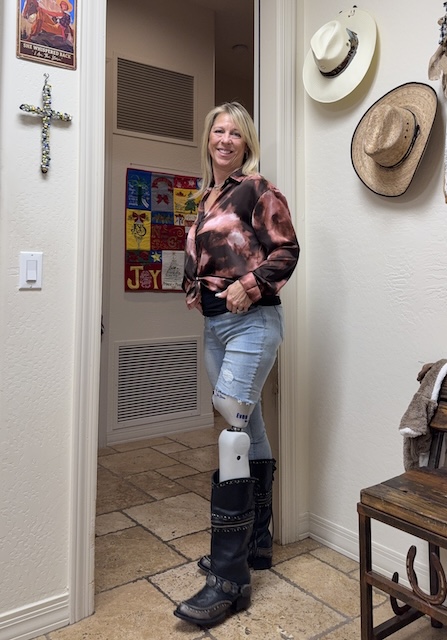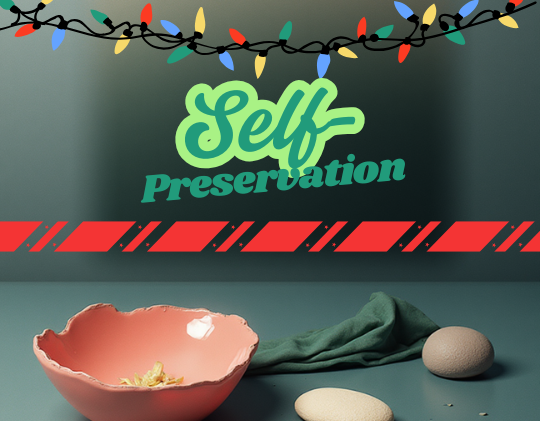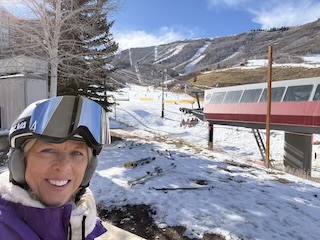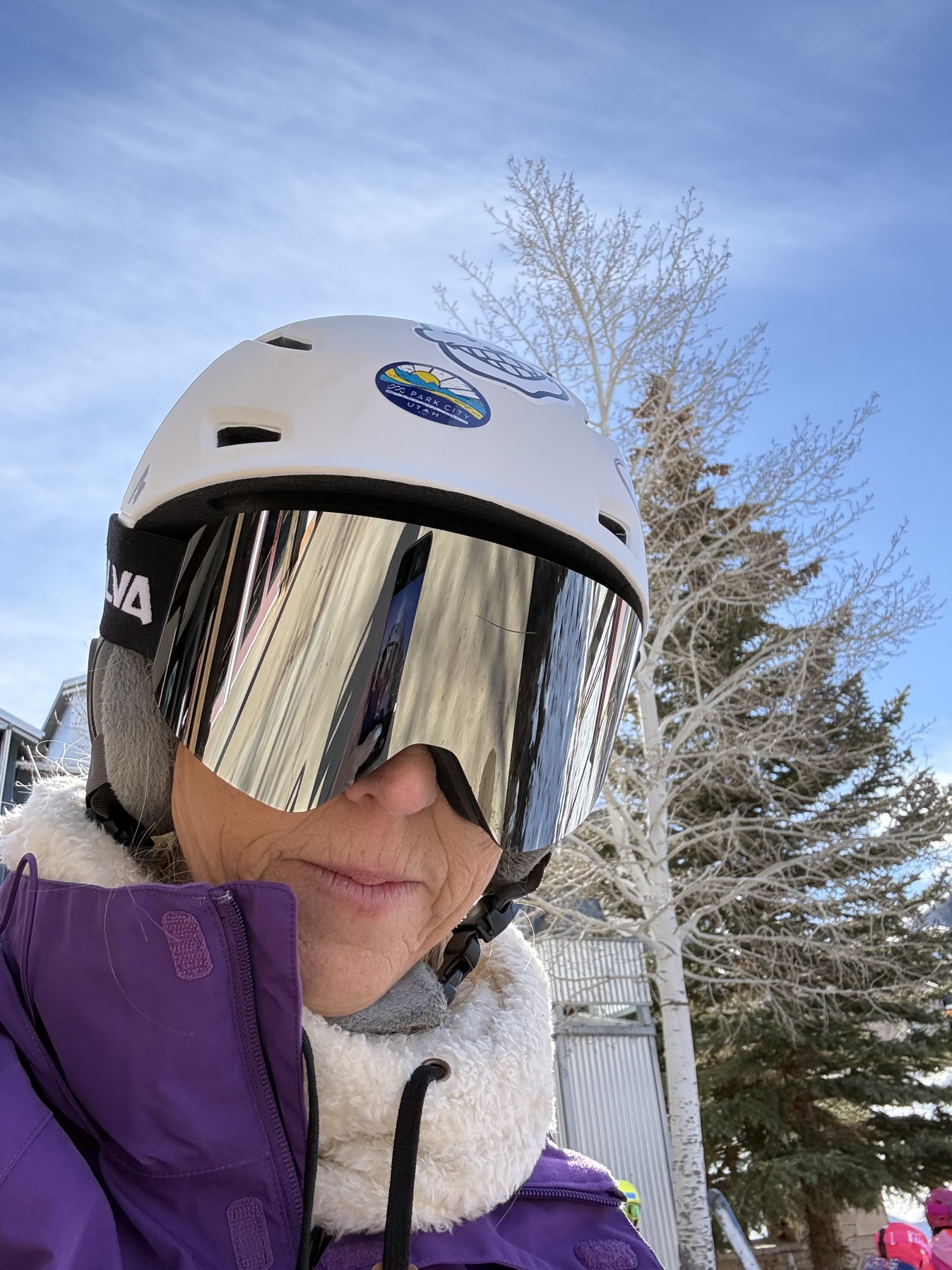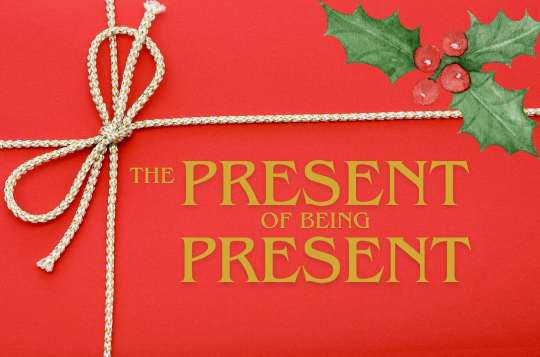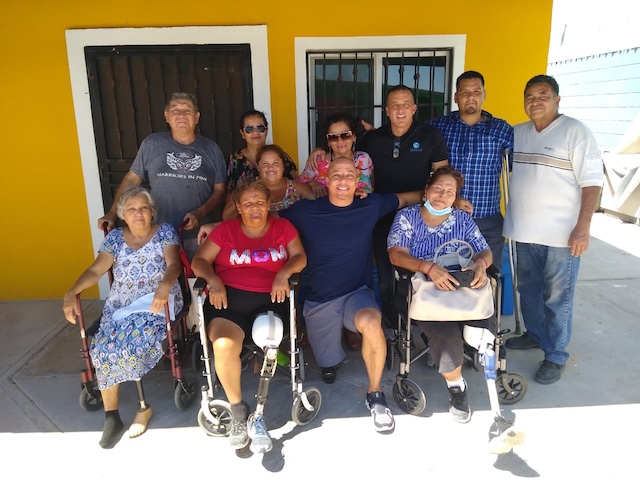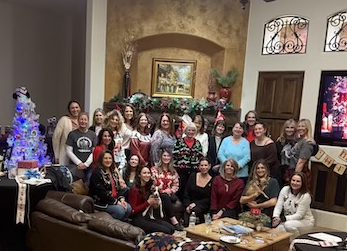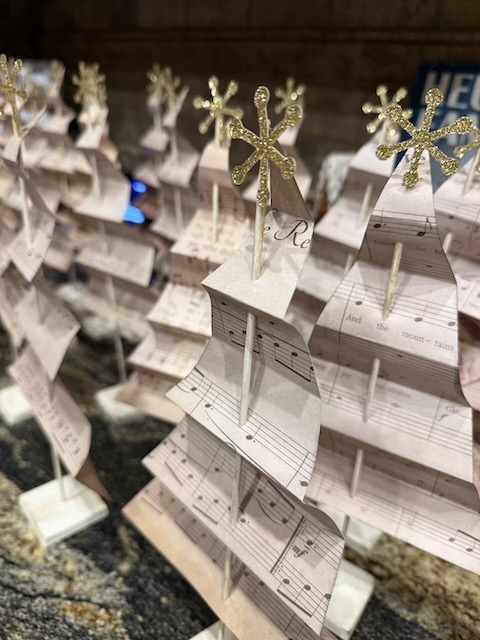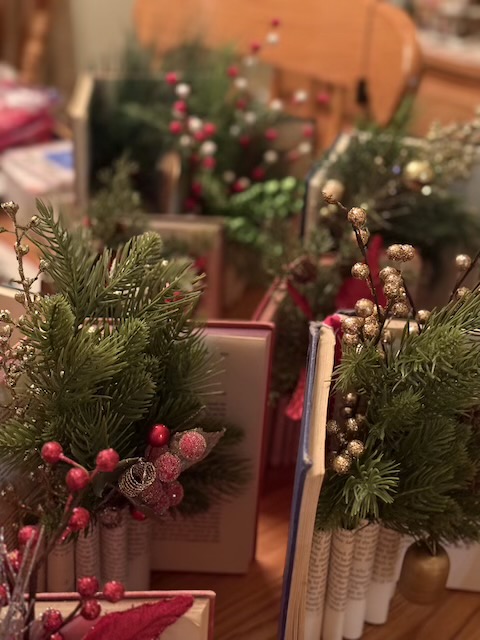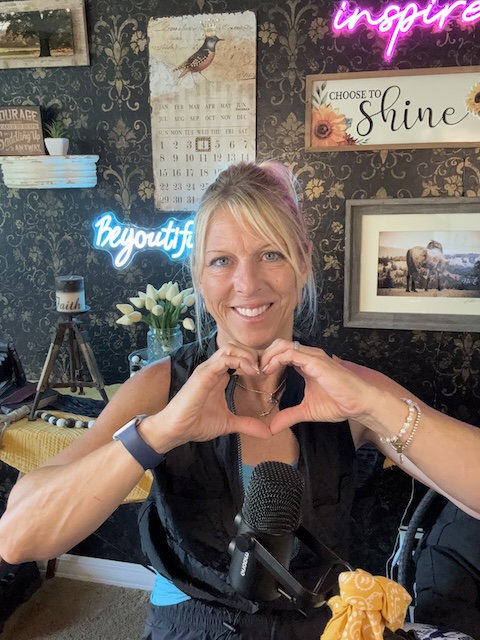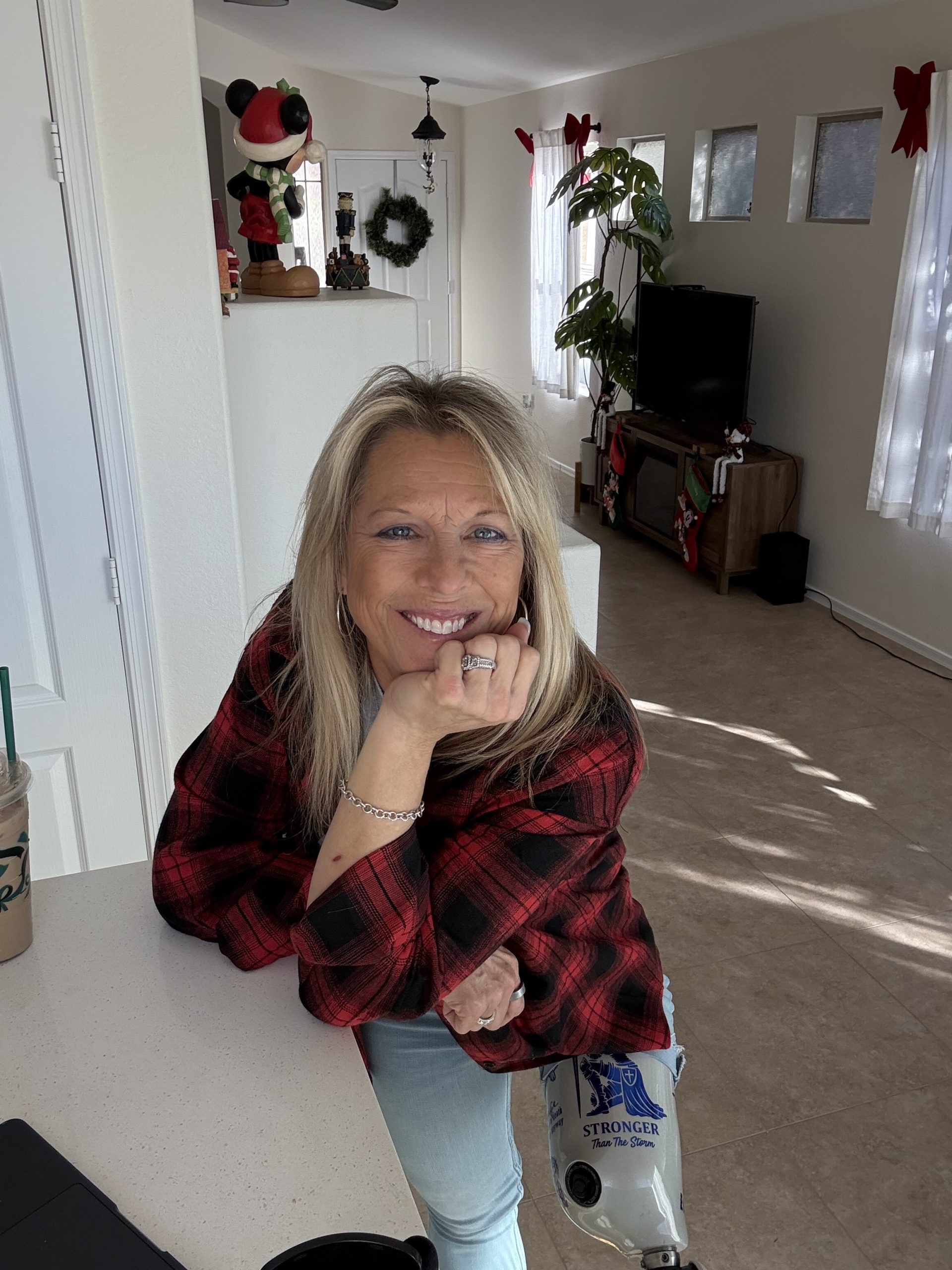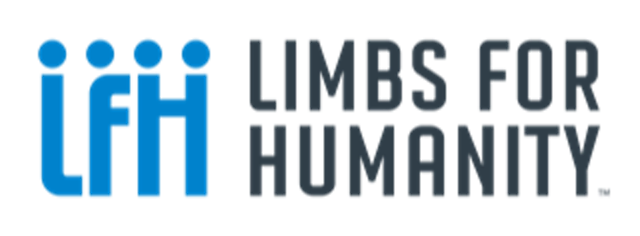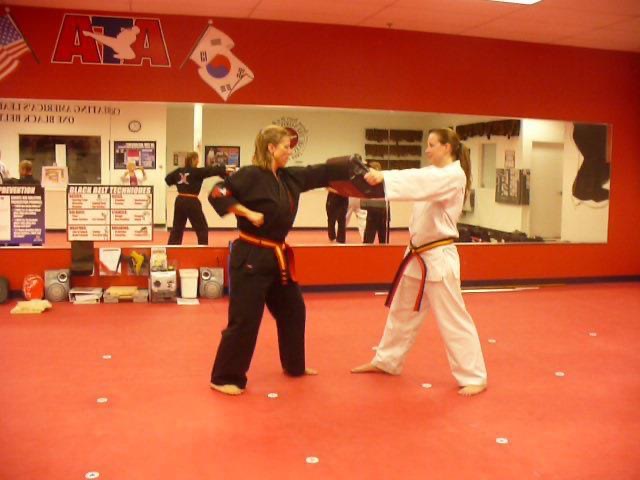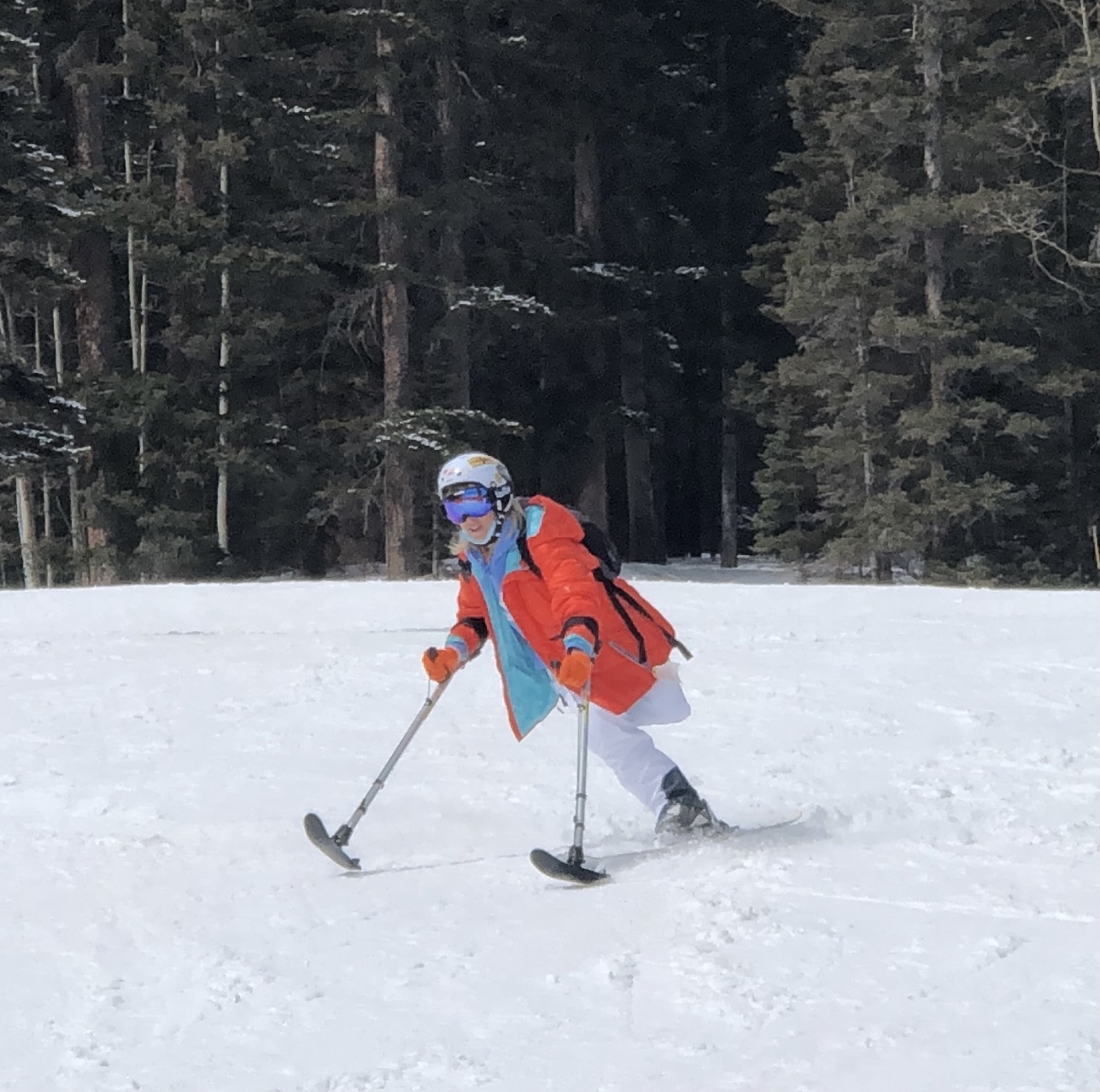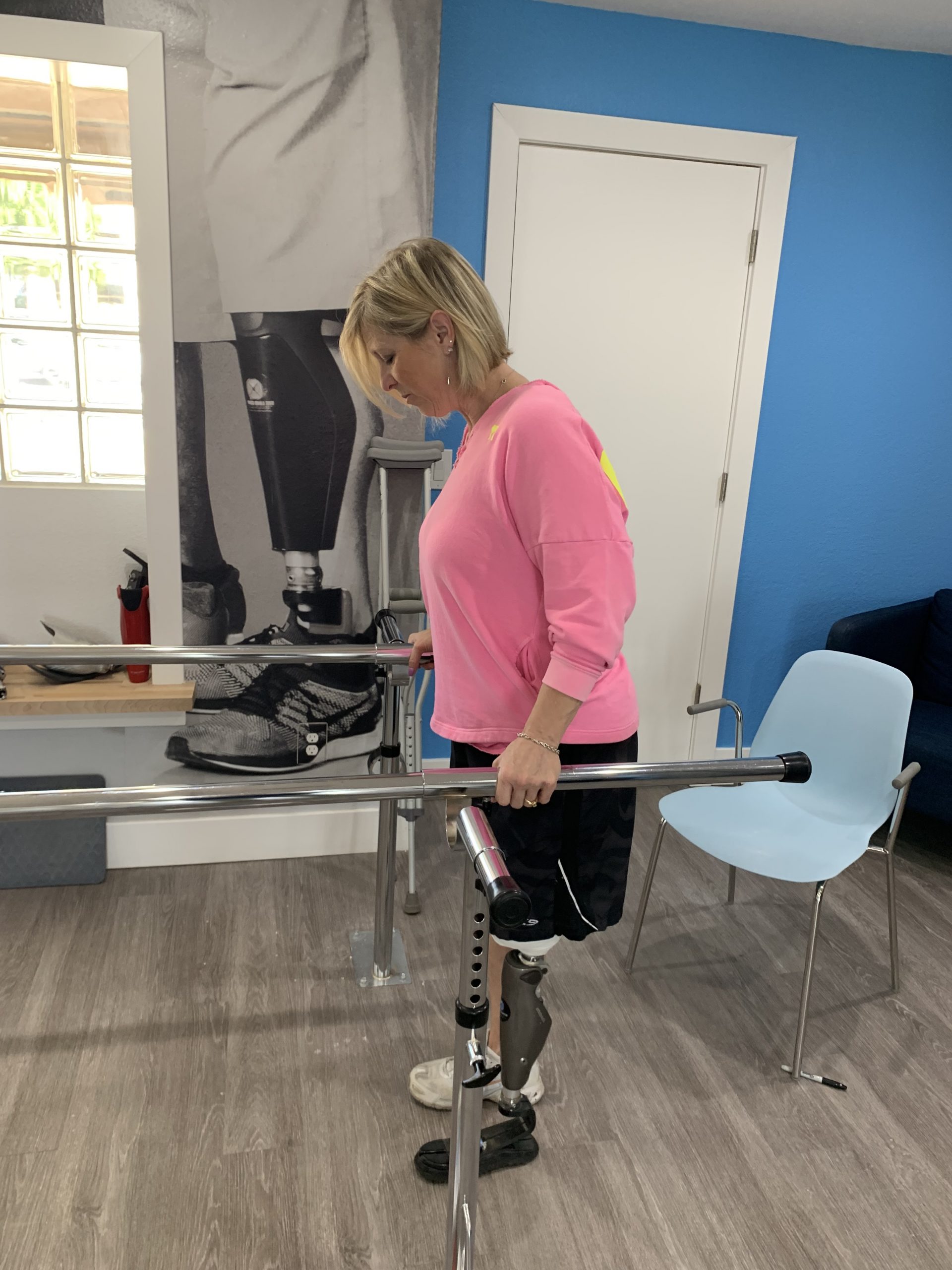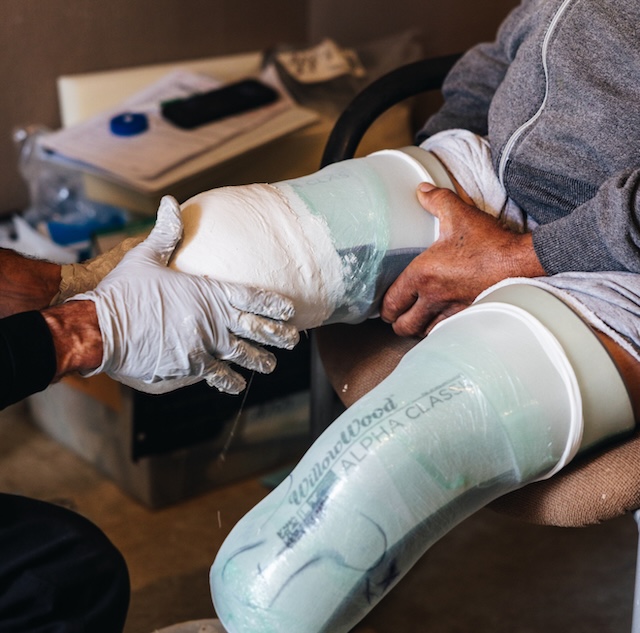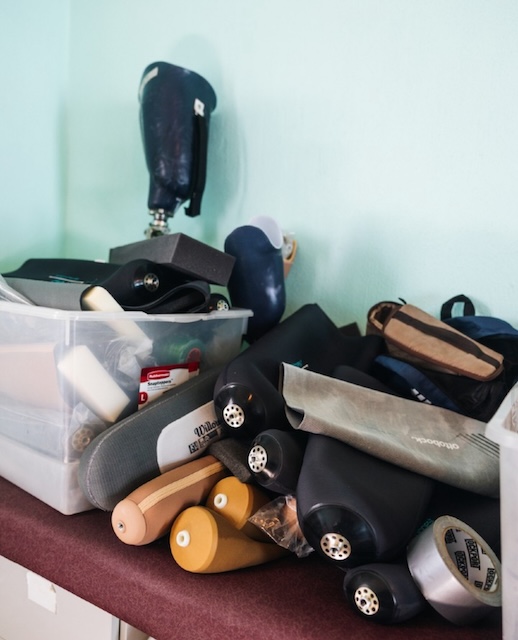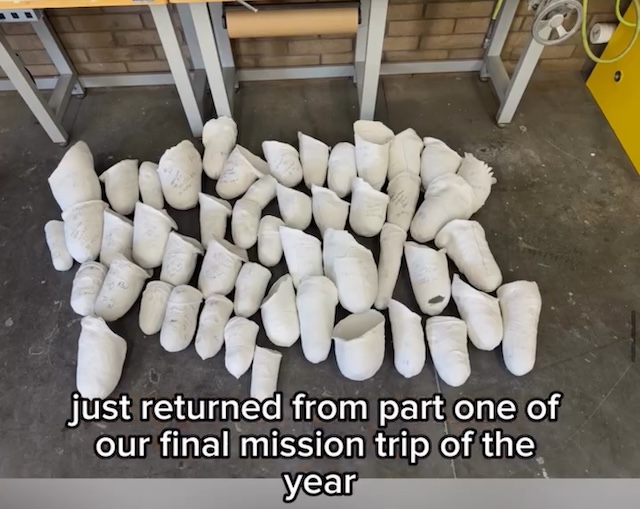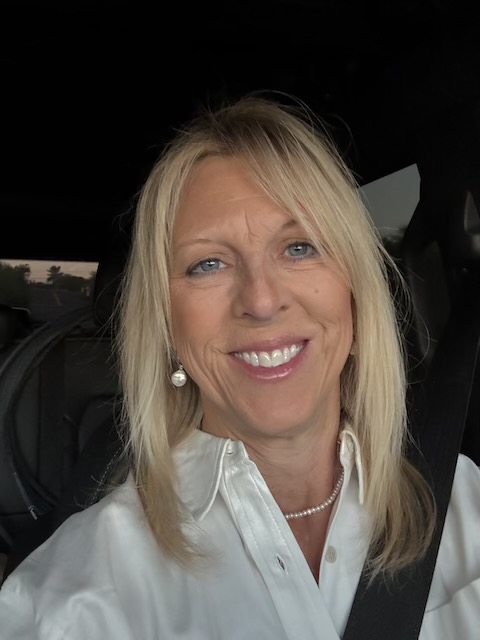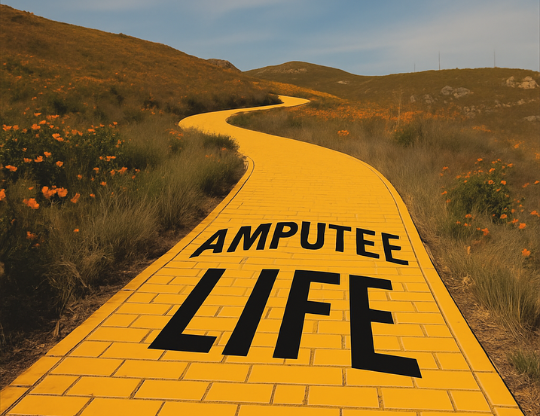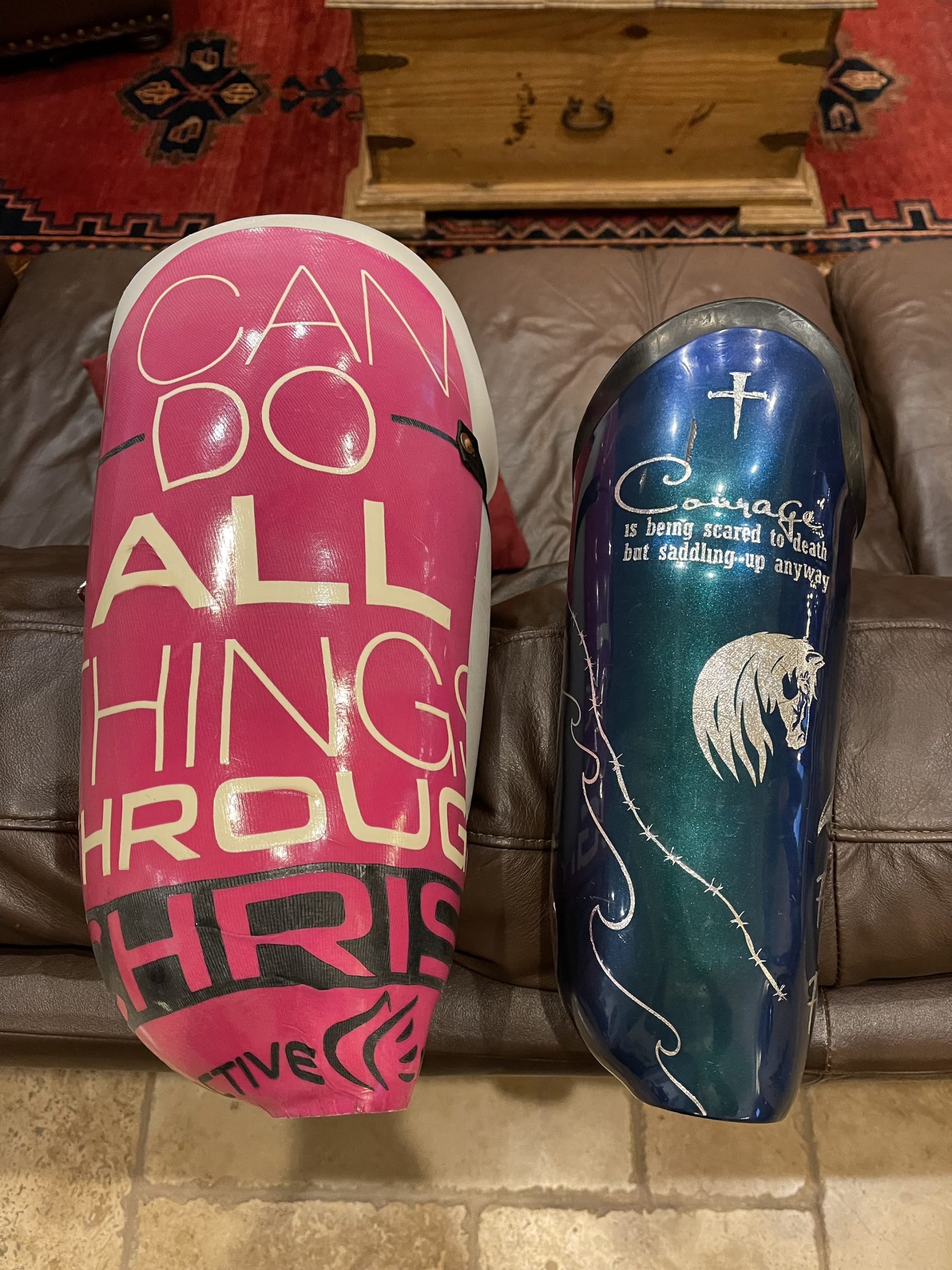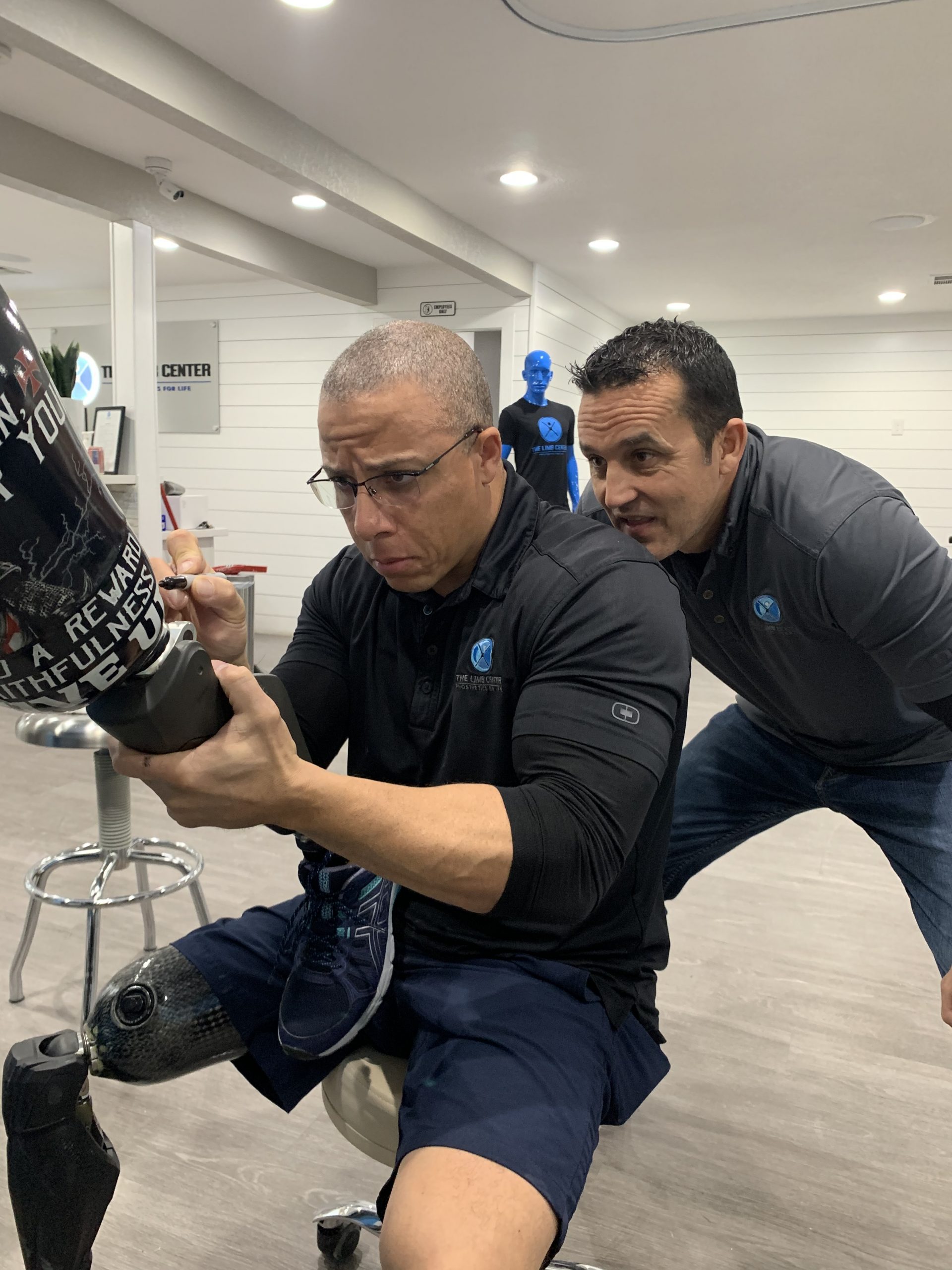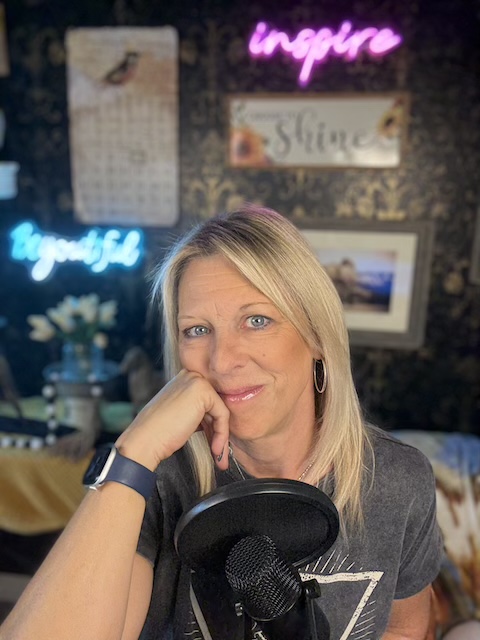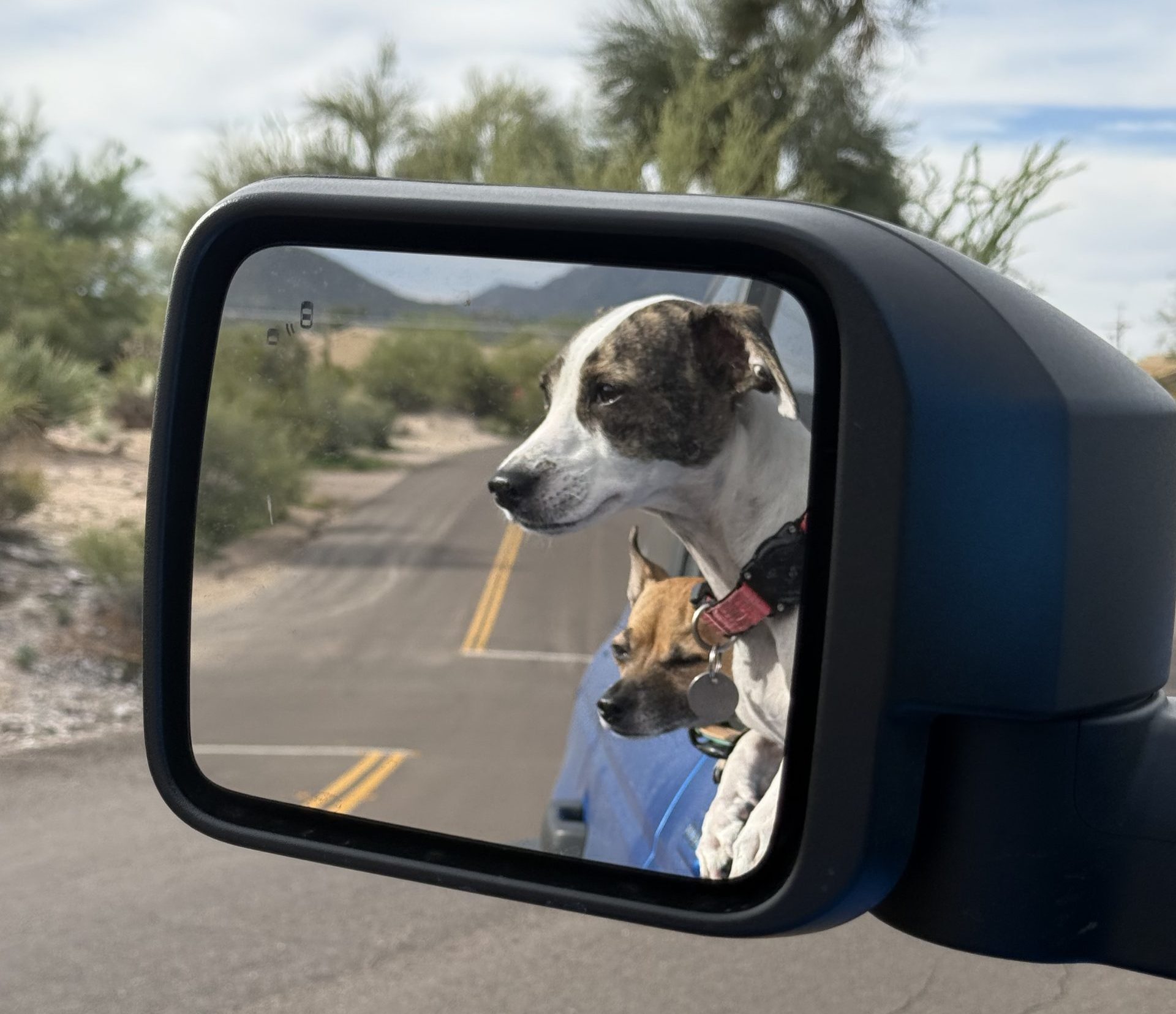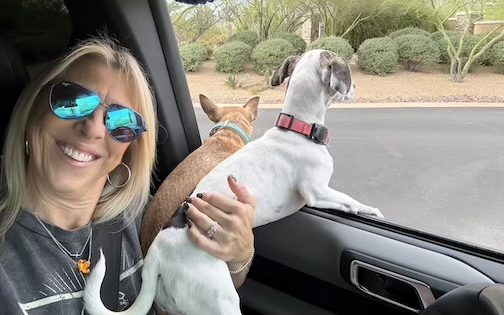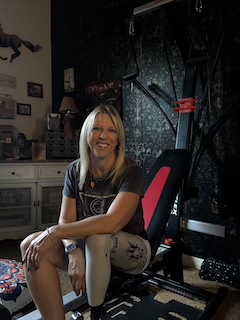Grab the Reins and Go!
Podcast: Play in new window | Download (Duration: 30:36 — 33.2MB)
Subscribe: Apple Podcasts | RSS | More
Moving from Recovery Mode into Momentum Mode
Year of the Fire Horse Part 5
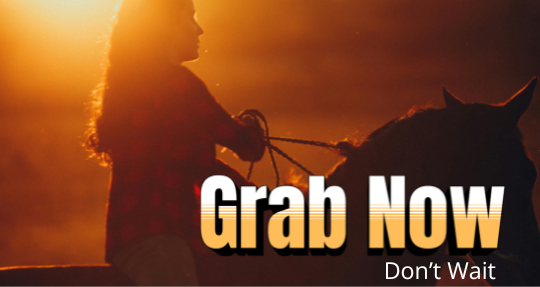
There are seasons in life where we heal… and then there are seasons where we’re called to move again.
For a while, I was healing.
After my revision surgery and AMI procedure, my world slowed down whether I wanted it to or not. New sockets, new pain, scar tissue, relearning movement — it felt like starting over all over again. And just when I began to feel ready to push forward, life filled in the space. Holidays, responsibilities, travel, hosting, caring for others. Suddenly months had passed and I realized something important:
I wasn’t stuck because I couldn’t move forward.
I was stuck because I had gotten comfortable waiting.
This episode is about that moment of realization — the moment you understand that healing can quietly turn into hesitation if you’re not careful.
We’ve just stepped into the Year of the Fire Horse, and whether you follow that calendar or not, the symbolism matters. Fire brings energy, intensity, and transformation. The horse represents movement, courage, and momentum. Together, they create a once-in-a-lifetime invitation to stop sitting on the sidelines of your own life.
But before we can run forward, we have to shed what we’ve been carrying.
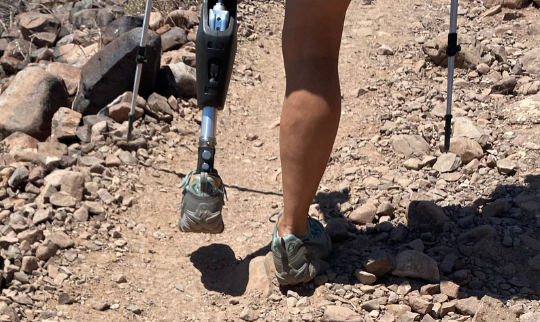
I talked about the Year of the Snake — the year we’re leaving — and how snakes shed their skin. They don’t gently outgrow it. They press themselves against rough surfaces to pull it off. Friction is required for renewal.
And honestly… that’s us.
Hard seasons, setbacks, medical struggles, emotional weight — those moments aren’t proof life is against us. They’re often the very process that removes the old version of us so a new one can exist. The mistake we make is trying to keep the old skin. We analyze it, revisit it, and sometimes build our identity around it instead of leaving it behind.
This year asks something different of us.
It asks us to stop waiting for perfect conditions.
As amputees especially, waiting becomes normal. We wait for appointments, healing, prosthetics, pain to calm down, energy to return. Waiting becomes a lifestyle. But at some point, waiting stops protecting us and starts limiting us.
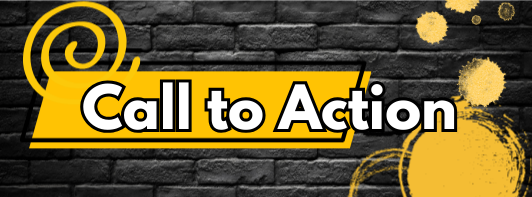
So this episode is a challenge:
Stop saying “when things get better.”
Start asking “what can I do today?”
Because growth does not happen inside comfort.
Comfort leads to stagnation.
Stagnation leads to false alignment — a place where we convince ourselves we’re okay staying where we are, even when our heart knows we’re meant for more.
I see it in myself. I’ve been certified in equine therapy for months, yet I hesitated to begin. Not because I couldn’t… but because of the “what ifs.” What if I fail? What if I’m not ready? What if timing isn’t right?
But authenticity matters more than preparedness.
You grow by doing — not by waiting until fear disappears.
The Fire Horse energy is bold. It rewards decisive action, courage, and honesty with yourself. It exposes the places we hide in comfort and invites us to lead our lives instead of postponing them.
That doesn’t mean ignoring hard days. It means refusing to let them define every day.
If you’re not ready for a big challenge, start smaller.
Stop micromanaging everything wrong and start noticing what’s right. Write down blessings. Shift focus. Open your awareness to the parts of life still moving forward around you.
Because we are more than our bodies.
More than our pain.
More than our setbacks.
The warrior mindset isn’t pretending life isn’t hard — it’s deciding hardship won’t be the end of your story.
This episode is your reminder:
You don’t need a new year, a Monday, or perfect timing.
You need a decision.
Grab the reins.
Move forward.
Start now.
And as always,
Be Healthy,
Be Happy,
Be YOU!!!
Much love,

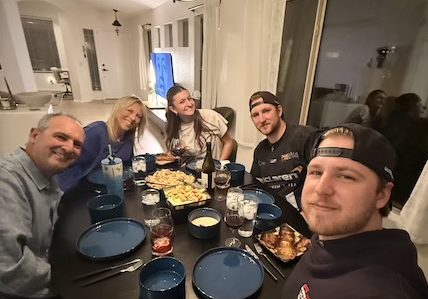
My blessings and the people who keep me going! ♥
